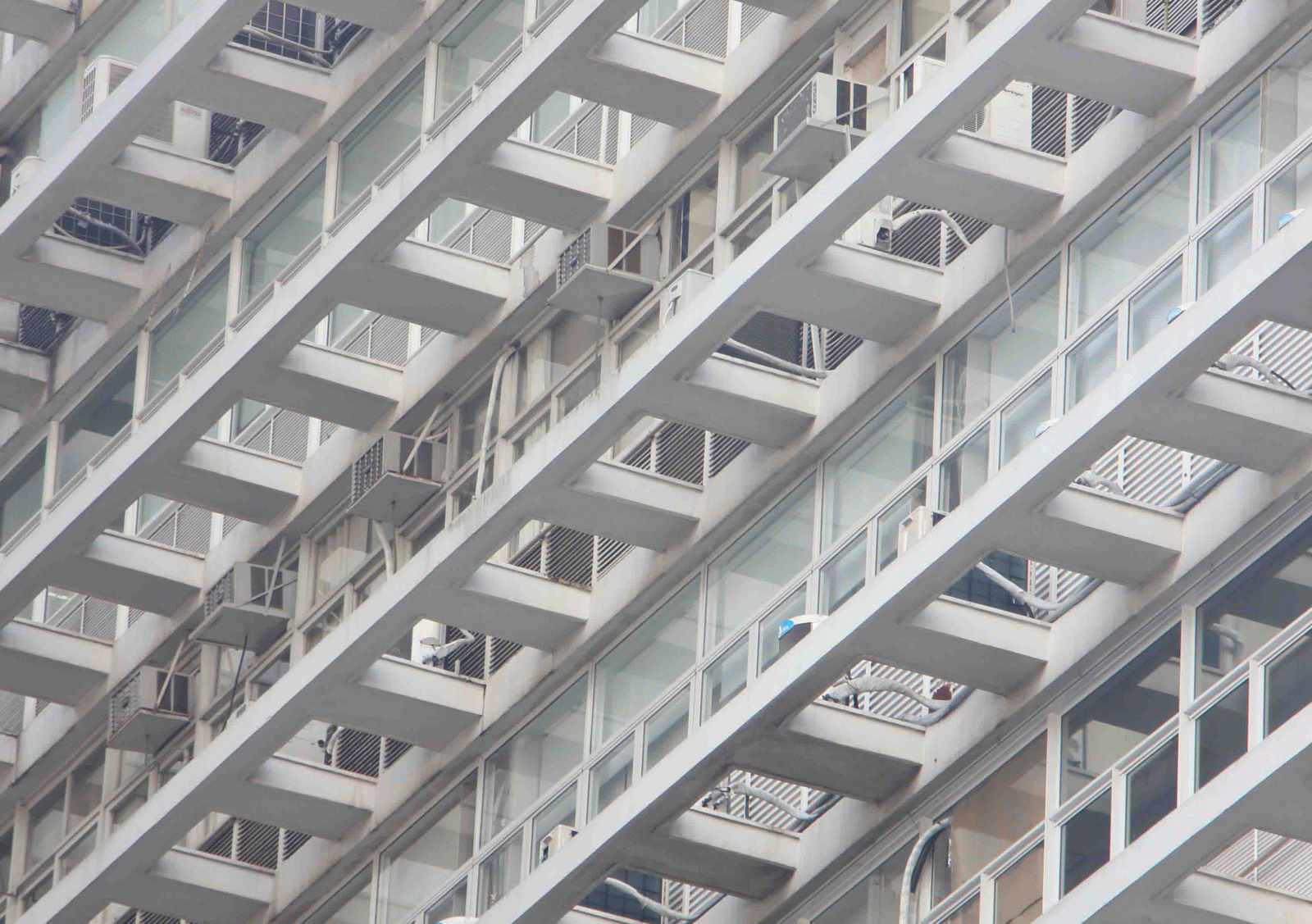KHI 2021+ Lecture Series
Daniel A. Barber:
Architecture of the Aftermath

MMM Roberto, Edifício Seguradoras, Rio de Janeiro, Brazil, 1949, with air conditioners and chillers added in the 1980s. Photograph by the author
This lecture frames a concept of architecture and its history appropriate to the epochal challenges of climate instability. I take this climate challenge as a cipher for an – if not necessarily the – apocalypse: if an apocalypse is an event that overwhelms a community’s capacity to respond to it, then the cultural, economic and industrial trajectory of recent architecture represents a community overwhelmed, unable to articulate a way to meet its changing obligations to society. How can this apocalyptic framework reveal historical patterns appropriate to these obligations?
The presentation takes as its historical subject the changing connection between carbon emissions, indoor comfort, and climate instability, exploring how the tools, systems and materials used to design and construct the built environment have become untenable. I will pose design experiments pre-World War II Brazil – when architecture was seen a device for climatic adaptability – in contrast to the all-glass sealed and conditioned office towers of the present. The focus is both on the buildings themselves and the interactions they solicit: a climatic adaptative building is one that scripts habits and patterns less reliant on carbon emissions. Architecture and its history are a potent medium for exploring the climate apocalypse as they are both an essential aspect of the material practices that exacerbate this crisis, and also a vibrant arena for discourse – for debating how to imagine and build other possible futures.
Daniel A. Barber is Associate Professor and Chair of the PhD Program in Architecture at the University of Pennsylvania. His most recent book is Modern Architecture and Climate: Design before Air Conditioning (Princeton UP, 2020); a recent article “After Comfort” has encouraged reflection on architecture’s role in the climate crisis. His research and teaching narrate eco-critical histories of architecture and seek pathways into the post-hydrocarbon future. Daniel edits the accumulation series on e-flux architecture and is co-founder of Current: Collective on Environment and Architectural History. His presentation for the KHI will draw on his current position as a Senior Research Fellow at the Käte Hamburger Centre for Apocalyptic and Post-Apocalyptic Studies at Universität Heidelberg.
This talk is part of the KHI 2021+ Lecture Series, organized by the doctoral and postdoctoral fellows, in collaboration with scientific staff and senior scholars of the Institute. It is envisioned as a forum to reflect on the futures of Art History through conversations with innovative voices in the discipline, working in different areas but sharing methodological concerns.
30 August 2021, 3:00pm
KHI 2021+ Lecture Series
The event takes place online.
Notice
This event will be documented photographically and/or recorded on video. Please let us know if you do not agree with the Kunsthistorisches Institut in Florenz using images in which you might be recognizable for event documentation and public relation purposes (e.g. social media).


